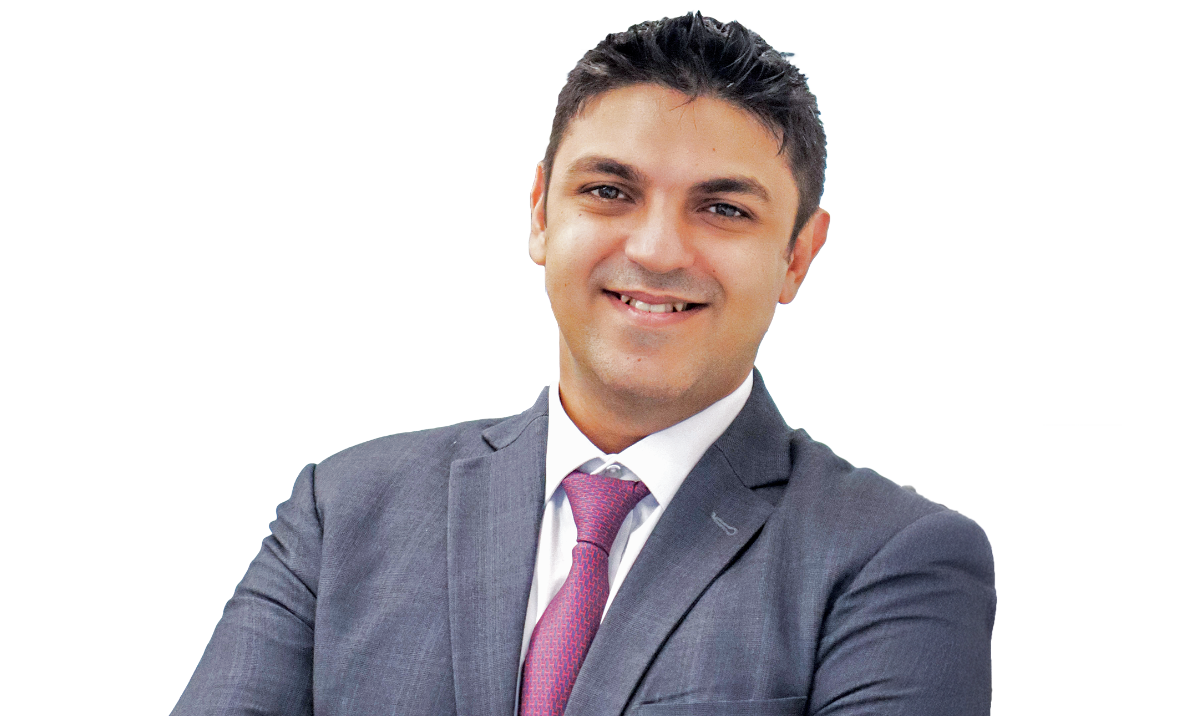RIYADH: Saudi Arabia’s green bond market is experiencing dramatic growth, positioning the Kingdom as a major player in sustainable financing as it works to meet the ambitious objectives of Vision 2030.
Green bonds, together with sukuk, have seen a surge in popularity, offering critical funding for eco-friendly projects in areas such as renewable energy, sustainable water management, and waste reduction.
Launched by the Ministry of Finance in March, Saudi Arabia’s Green Financing Framework provides a comprehensive roadmap for backing climate-focused initiatives, igniting interest from both domestic and foreign investors.
This foundation underscored the Kingdom’s environmental commitments under initiatives like the Saudi Green Initiative, which aims to combat climate change, reach net-zero emissions by 2060, and drive a national transition toward sustainable practices.
CEO of Middle East and North Africa and Asia Pacific at Saxo Bank, Damian Hitchen highlighted their strategic value in an interview with Arab News: “Green bonds are a critical financial tool for advancing Saudi Arabia’s Vision 2030, especially in reducing oil reliance and promoting renewable energy.”
“They foster a more balanced and resilient economy by funding projects outside the oil sector, such as green infrastructure and renewable energy,” Hitchen explained.
Pioneering projects and government support fuel growth
Vision 2030 has made sustainability a cornerstone of Saudi Arabia’s economic strategy, launching the Saudi Green Initiative and the Circular Carbon Economy framework.
“The key factor responsible for the growth of green bonds is Saudi Arabia’s Vision 2030, which aims to reduce the nation’s dependency on oil and increase reliance on clean energy to protect the environment and diversify its economy,” said Vijay Valecha, chief investment officer at Century Financial.
He added that “strong government support,” evident from initiatives like the Saudi Green Initiative, offers a framework for sustainable projects and regulatory support for green finance instruments.
Significant achievements include the $8 billion funding for NEOM’s green hydrogen plant — the largest such project in the Middle East.

The growing awareness of environmental issues and the measures taken by the government to transition to a low-carbon future highlight the potential for green bonds.
Vijay Valecha, chief investment officer at Century Financial
Saxo Bank’s Hitchen noted that the Kingdom’s commitment to green bonds could set a regional precedent, adding: “Saudi Arabia is emerging as a key player in the GCC’s (Gulf Cooperation Council’s) green bond market, spurred by Vision 2030 and the Saudi Green Initiative, which prioritize renewable energy and carbon emission reductions.”
Meanwhile, Century Financial’s Valecha saw that Saudi Arabia is rapidly catching up as a key player in this market, citing NEOM’s green hydrogen plant as “a significant development.”
Investor confidence in green bonds surges
Saudi Arabia’s sovereign wealth organization, the Public Investment Fund, first issued a green bond in 2022, underscoring its commitment by allocating billions of dollars toward green infrastructure, renewable energy, and sustainable water projects.
Hitchen saw this as creating a ripple effect in the market.
“Investor appetite for green bonds in Saudi Arabia has grown substantially, with institutional and retail investors increasingly drawn to sustainable finance. A notable shift in demand has emerged as environmental, social, and governance factors gain importance in investment strategies,” he said.
Valecha confirmed this rising demand, noting that “the investor appetite for green bonds in Saudi Arabia, particularly from institutional investors, is significant and is surging rapidly.”
He added: “This is evident from recent green bond issuance by the Public Investment Fund, which raised $8.5 billion.”
Valecha anticipated that as the government continues to promote financial literacy and awareness around sustainable investing, retail participation will also rise, “particularly as more individuals understand the tangible benefits of green bonds.”
This growth in demand comes as PIF plans to direct an additional $19.4 billion toward green projects, reflecting confidence in the stability and potential of Saudi Arabia’s green bond market.
“The growing awareness of environmental issues and the measures taken by the government to transition to a low-carbon future highlight the potential for green bonds,” Valecha added.
Driving economic diversification and long-term sustainability
The rapid growth of green bonds is not only drawing in substantial investments but also supporting Saudi Arabia’s economic diversification, promoting eco-friendly industries and generating new market opportunities.
Hitchen said: “Green bonds contribute to long-term economic stability and resilience by funding these non-oil sectors. They are pivotal for renewable energy goals, financing projects like solar and wind power to help the Kingdom achieve up to 130 gigawatts of renewable energy by 2030.”
Valecha echoed the transformative impact of these investments, asserting that green bonds are key to “providing the necessary funding to support large-scale solar and wind power projects, thus reducing reliance on fossil fuels and transitioning the Saudi economy toward a low-carbon future.”
This shift not only benefits the environment but also creates jobs and opens avenues for sustainable urban development, green transportation, and water conservation.
As the Kingdom’s financial markets continue to embrace green bonds, the regulatory framework and investor confidence have solidified, laying the groundwork for sustainable growth.
Hitchen called for further steps to maintain this momentum, stressing the importance of “strengthening government support and establishing robust transparency standards to give investors confidence that their funds are driving genuine sustainability.”
Valecha agreed, suggesting that a comprehensive green finance ecosystem is essential.
“The government should further strengthen the rules and regulations to boost investor confidence and attract more capital,” he said, adding: “A domestic green finance ecosystem, including ESG reporting standards and clearer tax incentives, can go a long way in supporting the demand for green bonds.”




















